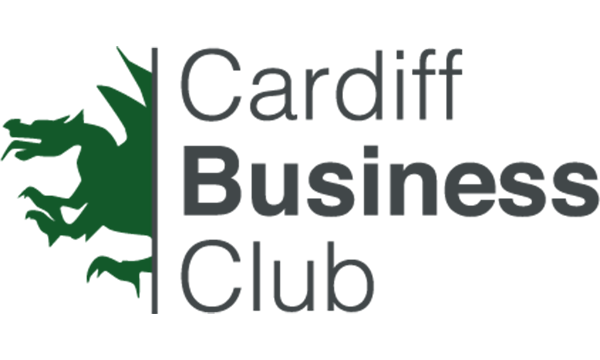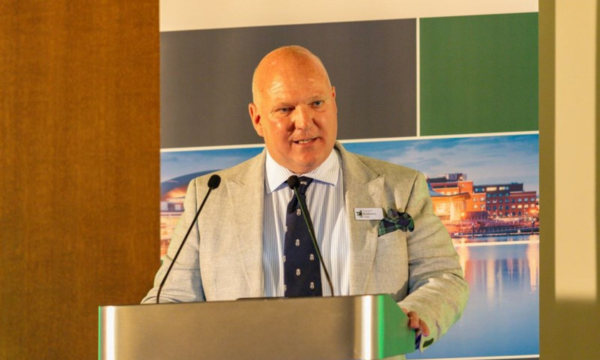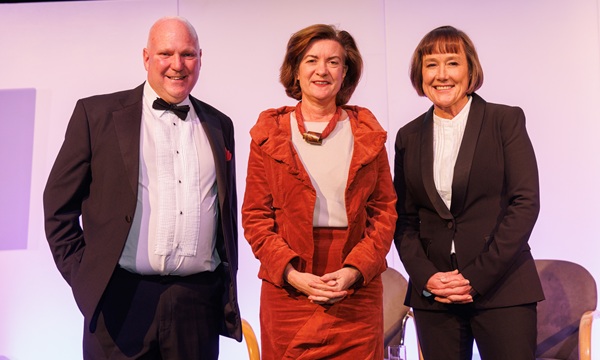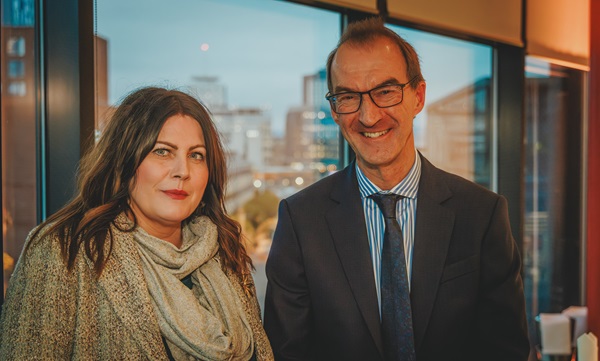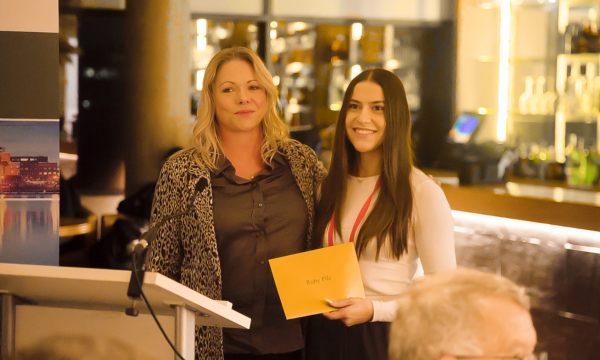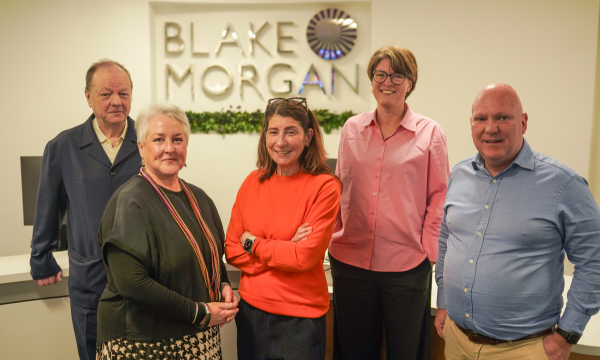
The future of our workplaces, what the trends look like and what it means for the offices, workplaces and workforces of the future was the topic of discussion at the latest round table event hosted by Cardiff Business Club in partnership with the Design Commission for Wales (DCFW).
Zoe Humphries, a Partner and Director at Cushman & Wakefield, Steve Smith Director of Urban Narrative and Professor Juliet Davis of Cardiff University gave their perspectives on how the future of work will result in even more emphasis on creating a sense of place that inspires, engages, and drives richer experiences.

The diverse discussion was Chaired by Carole-Anne Davies, Chief Executive of DCFW and addressed the changing demand for workspace, the longer-term impact of Artificial Intelligence (AI) and the importance of face-to-face contact as a vital enabler of leadership, learning and inclusivity. The connection between workplaces and the commercial world and community alike- what it means for development investment and the composition of our villages, towns and cities – were debated along with how the relationship between employers and employees has fundamentally changed.
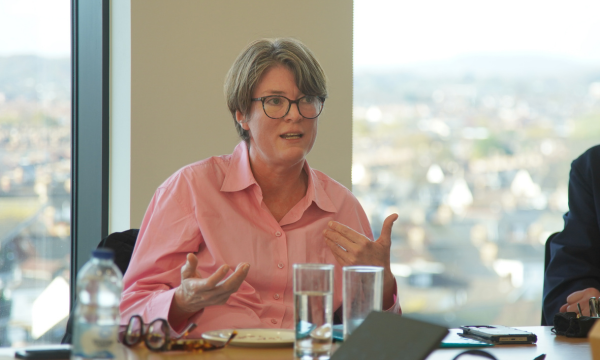
Carole-Anne Davies, Chief Executive of DCFW said:
“In early 2020 much of the working world moved online – rapidly – and it hasn’t moved back. What seemed like a science fiction future became reality overnight, accelerating change and forcing adaptation. But what does that mean for employers, for workforces and the employee experience, and for the development and the shape of our towns and cities? After the rush to change working patterns and the resulting expectations, have we really done enough work to understand the long-term implications?
“Hearing the perspectives of our panellists, from the worlds of property, architecture and large education players, on the challenges and opportunities of new working patterns and workplace expectations offers the chance to reflect on the importance of thinking more creatively about buildings, spaces and their uses. The flexibility needed, now and in the future, challenges traditional notions of commercial, educational, retail and leisure spaces. Avoiding the negative impacts of isolation and finding ways to enhance thriving places is critical.
“Ultimately, we are all human and our workplaces play a vital role in bringing us being together. We learn from each other; we collaborate innately and informally, and we need working environments that help to foster equality of opportunity and growth. Equality and inclusion remain key issues. There are implications too for ensuring we really working from home and not living at work – issues around the location, quality and type of homes we need are directly linked to the nature of the workplaces we need.
“Despite the noise around this post-pandemic, we have not yet given sufficient attention to rethinking the workplace experience, including the infrastructure around it and the potential for AI technology to create another major change in our working lives. This is a particular concern for younger people entering the workforce, how they develop skills and emotional intelligence, what they experience and who they learn from.”

Phil Jardine is a Partner with law firm Blake Morgan and Chair of Cardiff Business Club. He said:
“There has been a major shift in the way we work, and utilisation of space is now a big question for businesses of all sizes. As business leaders, we must address the changing nature of work and take on board the fact that many people have chosen a different lifestyle since the pandemic, but we must also remember that it is relationships that drive business.
“Communication, connectivity, collaboration, culture and creativity are all harder to achieve with remote working. Nurturing the all-important team spirit is difficult when colleagues are not in the office. How do you build a team at home on your own and via a screen? Young people do not benefit from the same mentoring and learning experiences as when they are sat next to more senior and experienced colleagues.
“These are just some of the reasons why our members are increasingly saying that they want to see a return to the office. This means that we need to consider the different implications for the concept, design and use of offices. The employee experience must be positive and powerful. I very much hope that this round table event will now spark further discussion around the future of work and how we can develop a sense of place that inspires, engages, and drives richer experiences for all.”
Details on future events being hosted by Cardiff Business Club are available at www.cardiffbusinessclub.org

